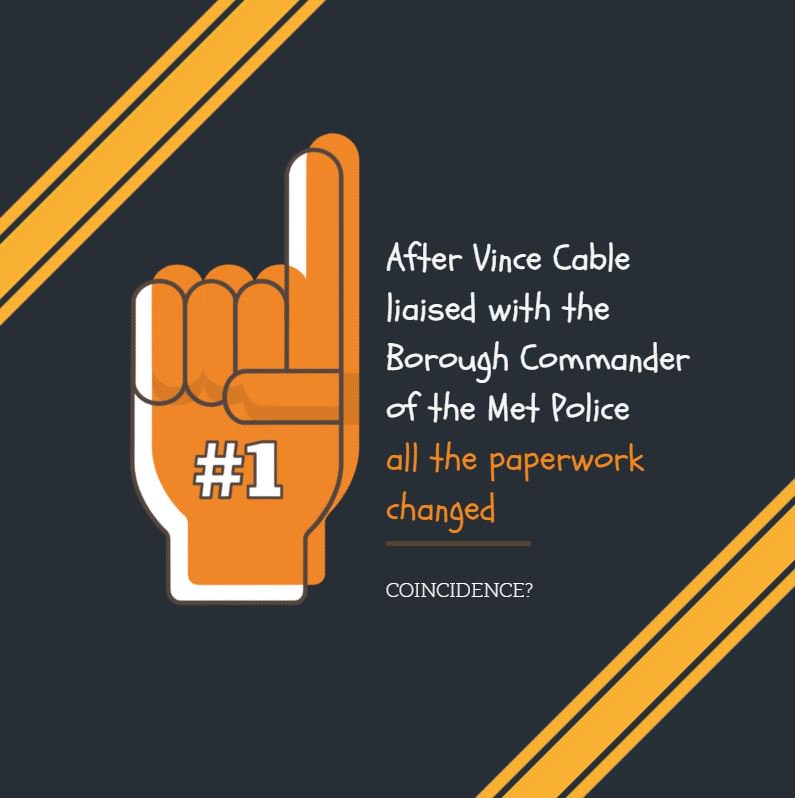Workers and employers, without distinction whatsoever, shall have the right to establish and, subject only to the rules of the organisation concerned, to join organisations of their own choosing without previous authorisation.
Workers’ and employers’ organisations shall have the right to draw up their constitutions and rules, to elect their representatives in full freedom, to organise their administration and activities and to formulate their programmes.
The public authorities shall refrain from any interference which would restrict this right or impede the lawful exercise thereof.
Workers’ and employers’ organisations shall not be liable to be dissolved or suspended by administrative authority.
Workers’ and employers’ organisations shall have the right to establish and join federations and confederations and any such organisation, federation or confederation shall have the right to affiliate with international organisations of workers and employers.
The provisions of Articles 2, 3 and 4 hereof apply to federations and confederations of workers’ and employers’ organisations.
The acquisition of legal personality by workers’ and employers’ organisations, federations and confederations shall not be made subject to conditions of such a character as to restrict the application of the provisions of Articles 2, 3 and 4 hereof.
In exercising the rights provided for in this Convention workers and employers and their respective organisations, like other persons or organised collectivities, shall respect the law of the land.
The law of the land shall not be such as to impair, nor shall it be so applied as to impair, the guarantees provided for in this Convention.
The extent to which the guarantees provided for in this Convention shall apply to the armed forces and the police shall be determined by national laws or regulations.
In this Convention the term organisation means any organisation of workers or of employers for furthering and defending the interests of workers or of employers.
scholarship.law.gwu.edu/cgi/viewconten…
amazon.com/Out-Sight-Corp…
dissentmagazine.org/article/left-v…














